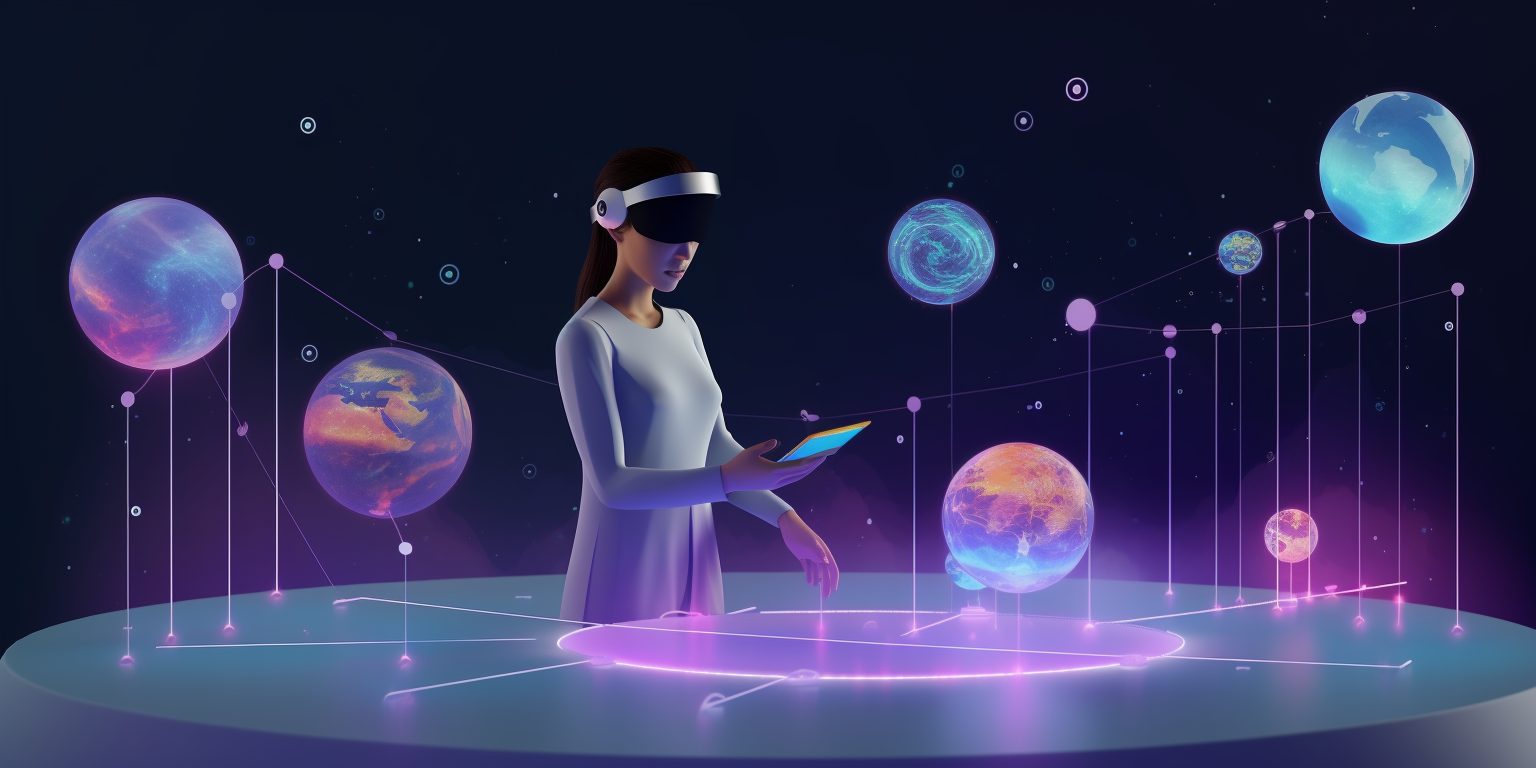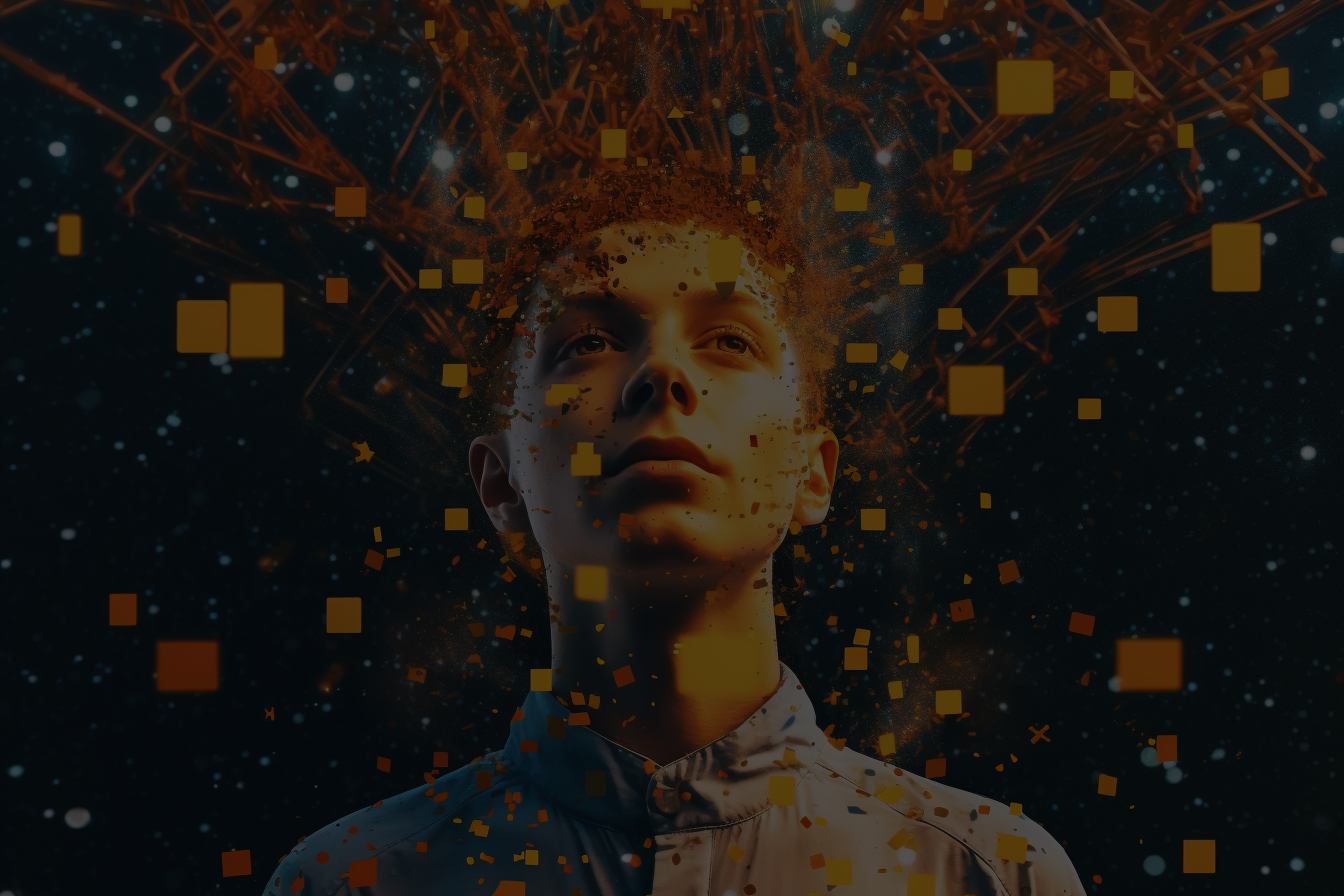Once upon a time, education was neatly bound by the physical confines of the schoolhouse. We divided our learning into tidy intervals—elementary, secondary, university—and drew a firm line in the sand at the termination of these stages. But in the modern era, where information flows as rapidly as the River Thames and job markets evolve more quickly than we could ever predict, this approach to learning has started to look more like a relic than a roadmap. In this new reality, the traditional classroom structure has become but a single pixel in the vast, dynamic tableau of lifelong learning.
And at the forefront of this education revolution, creating a stir reminiscent of the advent of the printing press, is the disruptive force of artificial intelligence (AI).
Now, let’s consider AI. In the conventional sense, it conjures images of robots, autonomous vehicles, and supercomputers crunching vast amounts of data. However, its potential extends far beyond these domains. It offers a transformative perspective on lifelong learning, breaking the shackles of traditional education, and enabling us to embrace knowledge acquisition in entirely novel ways.
Think about AI-powered online courses for a moment. We’ve seen their beginnings with current online platforms, but this is just the tip of the iceberg. When AI truly comes into play, the potential for scalability and personalization is dramatically amplified. It isn’t just about taking a static curriculum and digitizing it. It’s about creating dynamic, adaptive learning experiences that evolve with the learner, recognizing their strengths, weaknesses, and patterns of understanding in a way that was previously unthinkable.
AI systems are designed to be the perfect attentive tutor, always learning from the learner, and always adapting to suit their needs. They ensure that content is presented in the most effective way for each individual, transforming the learning process from a one-size-fits-all approach to a unique journey.
Moreover, these platforms can provide immediate feedback, track progress over time, and even adjust the difficulty level of the course in real-time, ensuring a challenging yet achievable learning experience. This capacity for personalized, at-pace learning is vital in a world where we’re continually playing catch-up with the latest technological advancements and industry trends.
But the role of AI in lifelong learning doesn’t stop at structured courses. It extends into the realms of interactive platforms, making the learning process more engaging, more intuitive, and ultimately, more enjoyable. AI-powered virtual reality, for instance, can transport learners into immersive environments where they can interact with the subject matter in new and engaging ways.
 Imagine this concept applied across all fields of knowledge—history, mathematics, science, arts, you name it. Learning could be integrated into the fabric of our everyday lives, subtly imparted through the technology we interact with daily. This unobtrusive approach could revolutionize the way we think about learning, making it a constant, comforting companion rather than an intimidating obligation.
Imagine this concept applied across all fields of knowledge—history, mathematics, science, arts, you name it. Learning could be integrated into the fabric of our everyday lives, subtly imparted through the technology we interact with daily. This unobtrusive approach could revolutionize the way we think about learning, making it a constant, comforting companion rather than an intimidating obligation.
The implications of this are profound. Lifelong learning, facilitated by AI, can lead to a society that is more adaptable, more creative, and more innovative. It is a society where everyone has the opportunity to continually grow and evolve, where learning is not a privilege but a right.
Of course, this AI-driven learning revolution isn’t without its challenges. Issues of data privacy, access inequality, and the need for human interaction in learning all loom large. And there will always be some knowledge and skills that cannot be readily digitized or distilled into an algorithm.
But as we stand on the precipice of this brave new world, let’s remember that the essence of education has always been transformation. It has always been about expanding minds, breaking boundaries, and challenging norms. And in that sense, the advent of AI in lifelong learning is not just a technological innovation—it’s the next chapter in our ongoing educational evolution.
Like a stone causing ripples in a pond, AI has disrupted our traditional view of education, pushing us towards a future where learning transcends the physical classroom. It’s more than a shift—it’s a tipping point. And as we venture into this exciting new territory, it is clear that the journey of learning is becoming as dynamic, individual, and limitless as the learners themselves.



